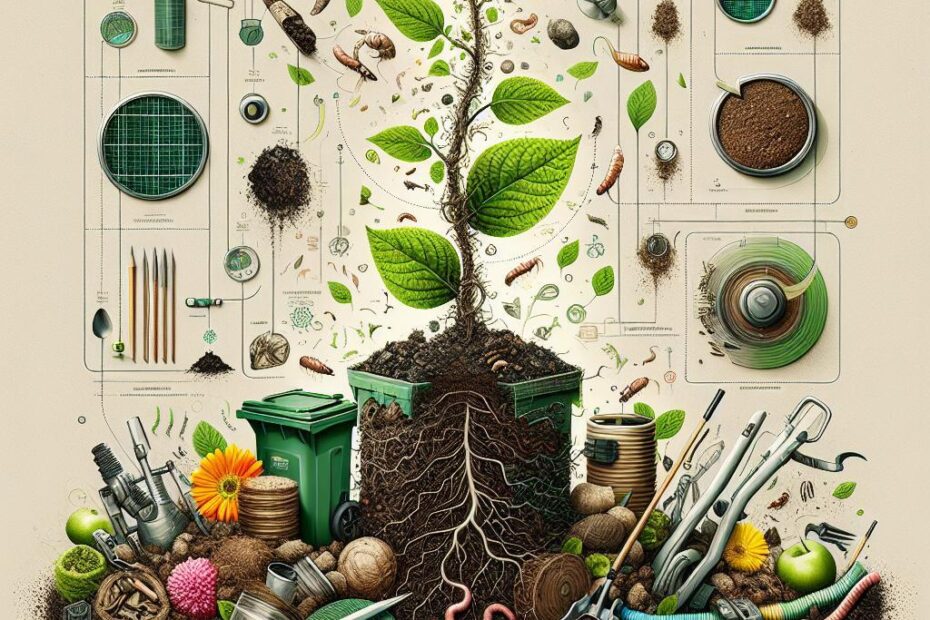Peat Free Compost Why: The Benefits and Importance of Choosing Sustainable Options
When it comes to gardening and planting, choosing the right compost is essential for the health and vitality of your plants. Peat has long been a popular ingredient in many compost mixes due to its ability to retain moisture and nutrients. However, the environmental impact of peat extraction has raised concerns among gardeners and environmentalists alike. So why should you consider using peat-free compost for your gardening needs? Let’s explore the benefits and importance of choosing sustainable options for your plants.
Why is Peat Extraction Harmful to the Environment?
Peat extraction involves the removal of peat, which is a natural accumulation of partially decayed organic matter found in wetlands. Peat bogs are essential ecosystems that provide habitats for a variety of plant and animal species, as well as play a crucial role in carbon sequestration. Unfortunately, peat extraction for commercial purposes has led to the destruction of these valuable habitats, resulting in the loss of biodiversity and increased greenhouse gas emissions.
Additionally, the drainage of peat bogs for extraction can lead to the release of stored carbon dioxide into the atmosphere, contributing to climate change. The depletion of peat bogs also disrupts the natural water flow and can result in flooding and soil erosion in surrounding areas.
Benefits of Using Peat-Free Compost
Environmental Impact
- By choosing peat-free compost, you are helping to protect vital peatland ecosystems and preserve biodiversity.
- Peat-free compost is made from sustainable and renewable materials, such as garden waste, wood chippings, and coir, reducing the demand for peat extraction.
Improved Soil Quality
- Peat-free compost is rich in organic matter, promoting healthy soil structure and fertility.
- It helps improve water retention and drainage in soil, reducing the risk of waterlogging and drought stress in plants.
Sustainable Gardening Practices
- Choosing peat-free compost is a step towards adopting more sustainable gardening practices and reducing your carbon footprint.
- It helps raise awareness about the environmental impact of peat extraction and encourages others to make eco-friendly choices.
Cost-Effective Solution
- Peat-free compost is often more cost-effective than peat-based alternatives, making it a budget-friendly option for gardeners.
- It can be easily produced at home using readily available materials, reducing the need for store-bought compost.
Practical Tips for Using Peat-Free Compost
- Look for reputable brands that offer peat-free compost options, such as compost made from coir, bark, or green waste.
- Mix peat-free compost with organic matter like composted kitchen scraps or manure to enhance its nutrient content.
- Water your plants regularly when using peat-free compost, as it may dry out more quickly than peat-based mixes.
Case Study: Transitioning to Peat-Free Compost
First-Hand Experience
I recently made the switch to using peat-free compost in my garden, and the results have been impressive. Not only have my plants thrived in the nutrient-rich soil, but I also feel good knowing that I am contributing to environmental conservation efforts. The transition was seamless, and I have found that peat-free compost is just as effective as traditional options.
In Conclusion
Choosing peat-free compost is a simple yet impactful way to practice sustainable gardening and support environmental conservation efforts. By opting for eco-friendly alternatives, you can promote healthy soil, reduce greenhouse gas emissions, and protect vital ecosystems. Making the switch to peat-free compost is a small change that can make a big difference in the long run. So next time you’re shopping for compost, consider making the environmentally conscious choice for the health of your plants and the planet.
